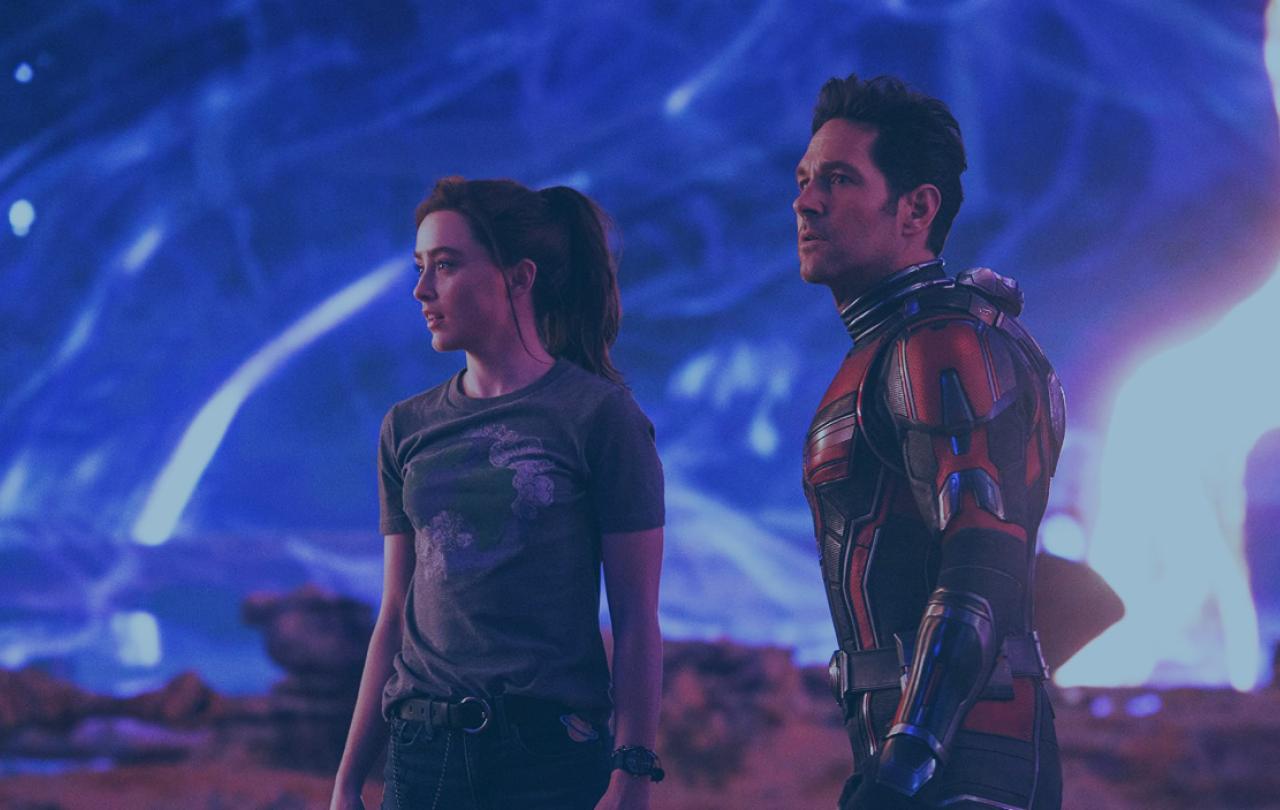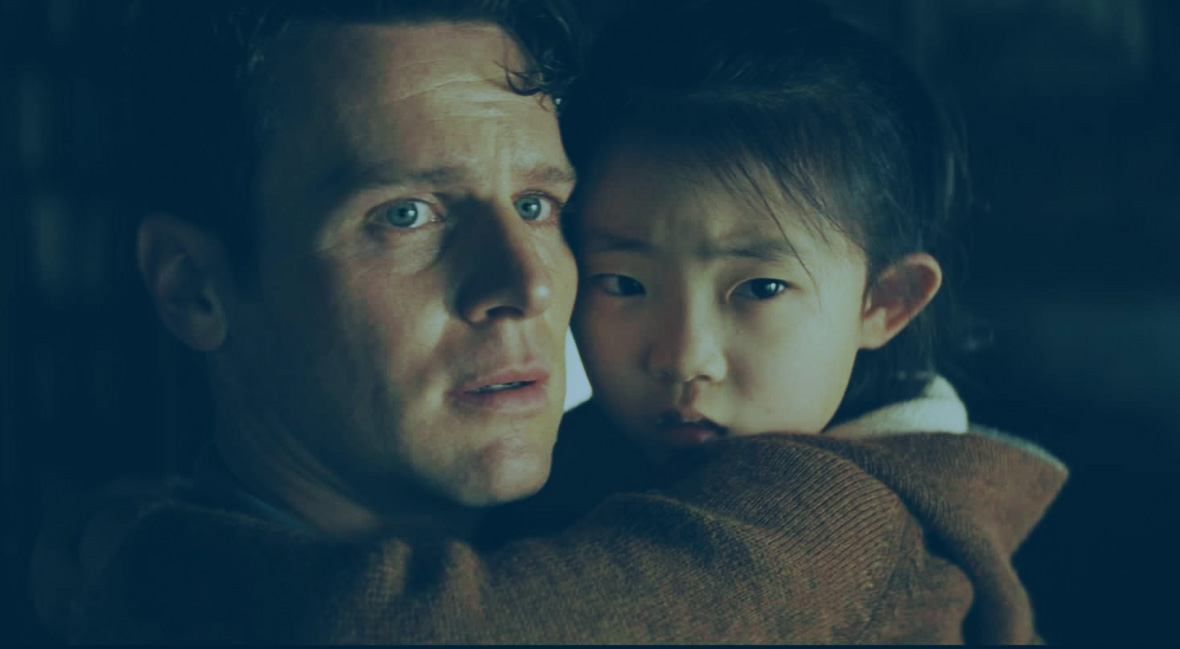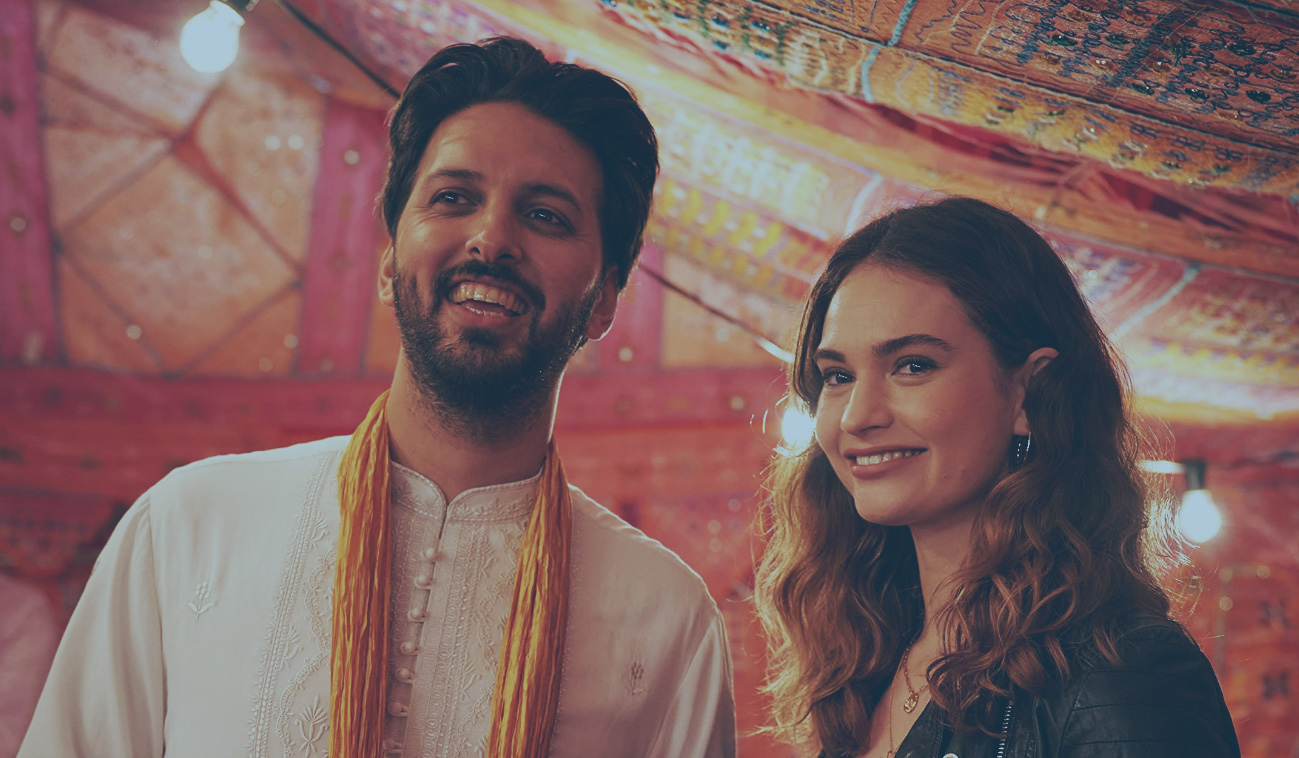
The story of Huw Edwards presents challenges to anyone who wonders how to respond appropriately. The news anchor is back, on the news agenda rather than presenting it, having resigned from the BBC on “medical advice”. In news terms, it seems a long time ago – nearly a year – when stories emerged that he had paid a teenager for what are blushingly called “explicit images”.
His departure, rather belatedly said to have been inevitable, follows disclosures that he has continued to draw a very handsome BBC salary during his suspension from duty – and one that the corporation would rather not still be paying when it publishes its annual review of figures shortly.
The difficulties come when, putting aside prurience and distaste, one scrutinises why exactly the life and career of Edwards have been ruined. The police wasted little time last year in concluding that there was no evidence that a criminal offence had been committed. All that is left is a salacious whiff and the knowledge that Edwards has suffered a depressive breakdown of some sort
But that’s more than enough to make a major story in the era of peak social-media faux outrage. Think Philip Schofield, life ruined by stupidly lying about a fling with a much younger colleague (of consenting age). Think Caroline Flack, a reality actor with demonstrable mental health issues, hounded to her suicide. Think even the internet-sleuthing landslide that threatens to cover and suffocate comic Richard Gadd’s “true story” Netflix movie, Baby Reindeer.
While forgiveness liberates the forgiver (rather than necessarily the one being forgiven), Christians need to be wary of using forgiveness as a get-out-of-jail-free card.
So how to respond to the Edwards resignation? The question supposes that we must indeed respond and that might contain the principal point. A senior news anchor with the BBC is a public figure. As such, he (or she) needs to be trusted by the public. Consequently, Edwards is called to a higher standard of behaviour than that of his invisible viewers.
Serious people in serious jobs need to be taken seriously. And anyone caught with their pants down, literally or figuratively, cannot look serious.
Yet that still doesn’t supply us with a response (beyond “don’t be an idiot”). Actually, it rather complicates matters. It’s easier if a crime has been committed, because we can take refuge in justice, reparation for the victim and punishment for the perpetrator. None of this seems to be available in Edwards’ case.
Some will reach for forgiveness under these circumstances. But that’s insufficient, since for most of us Edwards has done nothing more than read the news off an autocue and speak for the nation during royal events.
We risk disempowering a real victim if we forgive on their behalf, so it’s inadequate to talk only of forgiveness in this circumstance. While forgiveness liberates the forgiver (rather than necessarily the one being forgiven), Christians need to be wary of using forgiveness as a get-out-of-jail-free card.
By contrast, “the quality of mercy is not strained” in this way through our mortal experience. It’s universal and unqualified.
In any event, forgiveness is a quality of compassion, the latter being the virtue to which we might most usefully aspire in response to the circumstances in which Edwards suffers. The root meaning of compassion is “to suffer with”, as in to share and, in doing so, profoundly to understand the suffering of another. In popular parlance, it might be to walk a mile in their boots.
To view the media execution of Edwards with compassion is to walk a mile in his boots and to accept, with humility, that we can be as fallible as him. Vitally, this is to show mercy rather than pity. The latter is filtered through human experience – Pieta is a Renaissance artistic meme, which invariably shows the Virgin Mary’s essential humanity at the deposition of her son from the cross.
By contrast, “the quality of mercy is not strained” in this way through our mortal experience. It’s universal and unqualified. Shakespeare’s famous line is given to Portia in The Merchant of Venice. One of the things it tells us is that to pity is human, but to be merciful is divine.
It’s from theological, cardinal virtues that mercy flows. But it’s born of compassion, which has its Christological source in the suffering (or Passion) of Christ, in which the human condition – sin, frailty, pain, death – is shared with the divine.
That’s a worldview that holds Huw Edwards in its gaze. It’s a wholly loving gaze that seeks to share his despair and failure, which is the ultimate act of compassion. Edith Cavell, the nurse who was shot as a spy in Flanders in the First Word War, came very close to it when she said before her execution: “Patriotism is not enough. I must have no hatred or bitterness towards anyone.”
Edwards doesn’t (literally) face a firing squad, so direct comparison is invidious. But our response might still be a compassionate one. We may not be able to walk a mile in his boots. But we can try.







